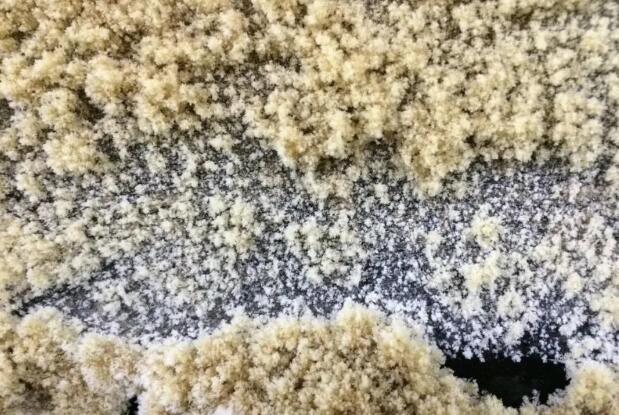冬季养蜂技术和管理的奥秘怎样让蜂群在寒风中也能忙碌
1. 冬季养蜂之必要性
冬天虽然不适合直接观察蜂箱,但正是这个时候,正确的管理措施对于接下来的蜜蜡产量和蜂群健康至关重要。未经适当准备的蜂数日可能会遭遇灭顶之灾。

2. 蜜蜡储备与饱足度
一开始,需要确保蜜蜡库存充足,因为在冬眠期间,不再进行外部采集。如果储备不足,可能会导致hive中的食物短缺,从而影响整个生态系统的平衡。为了避免这种情况,我们可以通过增加空心桶数量来鼓励蜜蜡生产,同时监控饱足度,以便及时调整策略。

3. 保持温室效应
尽管气温低,但我们仍需创造一个相对温暖的环境。这可以通过使用多层防御、加热器或其他保暖措施实现,如覆盖hive上方,以减少冷空气侵袭,并将hive置于南面以利用阳光供暖。

4. 防止疾病与寄生虫
长时间暴露于恶劣条件下,bee hive易受到各种疾病和寄生虫侵害。在这段关键时期,我们需要密切监测并采取预防措施,如定期清理死者、使用抗菌剂以及实施强化免疫力计划。

5. 管理与观察
即使是在严寒中,也不能忽视对hive进行定期检查。每次出门都应该携带必需品,如手套、眼镜等,这有助于保护自己,同时确保安全地执行任务,比如添加新的框架或替换旧框架。此外,还要留意任何异常迹象,比如嗜睡行为或者大量死亡,这些都是潜在问题的警告信号。

6. 冬眠前的准备工作
在进入真正的冬眠前的一段时间内,对hive进行一次彻底整理非常重要。这包括消除所有杂质,将无用的材料移除,并为春天新生的空间做好准备。同时,要注意不要过早开放hive,以免惊扰到正在休息的小丸子(即幼虫)。
7. 春季后的恢复工作
随着温度升高,自然光照明入户后,我们就可以逐步打开hive,让小丸子从他们狭窄的地窖中走出来,为夏天储存更多甜美果实做好准备。在这一过程中,我们还要继续保持警惕,因为这通常也是第一波疾病爆发的时候。
总结:
winter beekeeping is a delicate and crucial process that requires careful planning, attention to detail, and a deep understanding of the needs of the bees during this time period. By ensuring proper nutrition, maintaining warmth, preventing disease and parasites, managing hive health, preparing for winter hibernation, and monitoring for signs of recovery in the springtime we can ensure not only the survival but also the success of our apiary through even the coldest months.
Winter beekeeping techniques are an essential part of modern apiculture; they allow us to effectively manage our colonies year-round while minimizing stress on both ourselves and our bees as well as reducing risk factors associated with diseases or pests that might threaten their health during harsh weather conditions like those found typically in winter environments where temperatures drop significantly below freezing point often causing significant disruptions to normal colony activities such as honey production which becomes dormant due largely because there aren't enough flowers available outside for them to collect nectar from thereby forcing these social creatures into dormancy state known colloquially amongst beekeepers simply as "winter sleep".